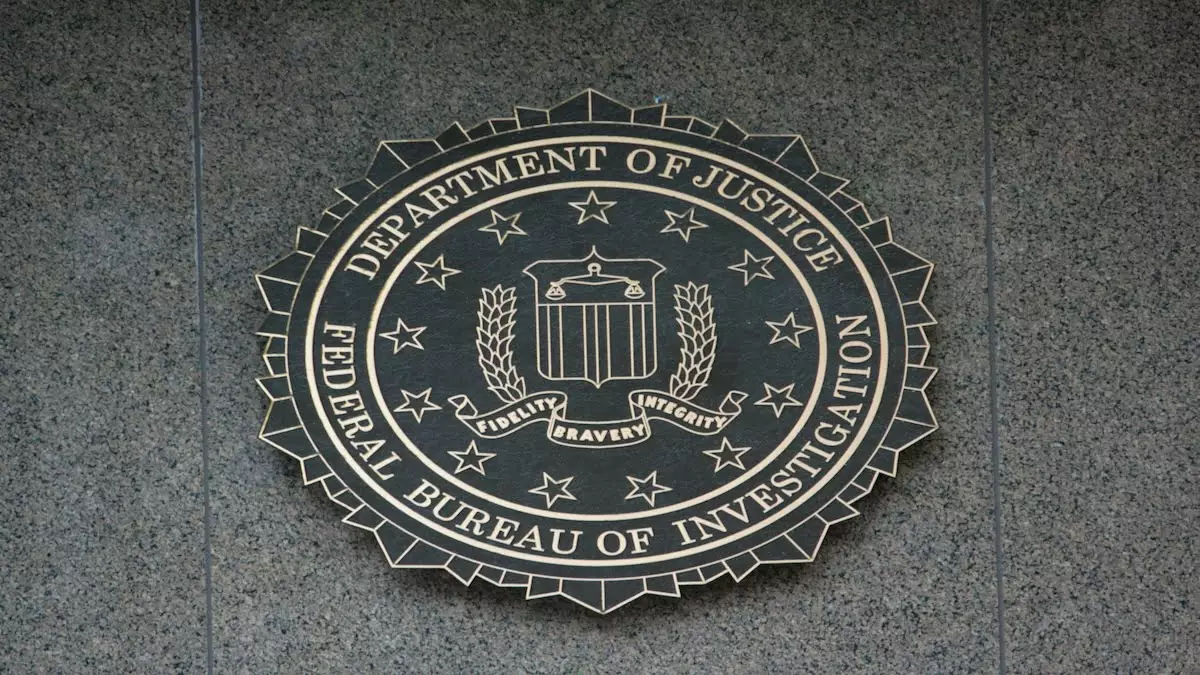The FBI’s recent decision to utilize NFTs in returning $1.14 million to victims of the CluCoin fraud marks a significant shift in how law enforcement agencies interact with victims of financial crimes. By leveraging the innovative technology of NFTs, the FBI aims to streamline the process of victim restitution while minimizing the potential for further fraud. This groundbreaking approach represents a new frontier in combating cybercrime and sets a precedent for future applications of NFTs in legal and government settings.
The use of NFTs by the FBI provides a secure and transparent way to communicate with victims of financial fraud. By embedding crucial recovery information within the NFTs themselves, the FBI can ensure that only legitimate victims are directed to the restitution process. This not only enhances accountability in the handling of stolen funds but also reduces the risk of victimizing individuals further through scam attempts. The secure nature of NFTs makes them an ideal tool for improving transparency in legal transactions and safeguarding the integrity of the process.
The FBI’s pioneering use of NFTs in the CluCoin fraud case could signal a broader trend in which NFTs are utilized in a wide range of legal and government functions. Imagine a society where NFTs are employed to verify identities securely, communicate claims of restitution, and manage legal documents with enhanced efficiency. This innovative approach by the FBI may serve as a blueprint for the future integration of NFTs in both civil and criminal cases as the technology continues to evolve. As NFTs become more prevalent in law enforcement, regulators are tasked with establishing standardized frameworks to govern these digital assets and ensure their proper use.
The increasing application of NFTs in law enforcement underscores the need for collaboration between government entities and blockchain platforms. Law enforcement agencies must work closely with regulatory authorities to develop policies that protect victims of financial crimes and safeguard their digital assets. The CluCoin case exemplifies the transformative potential of crypto assets like NFTs in modern law enforcement, highlighting their ability to facilitate the recovery of stolen funds and combat financial fraud in the digital realm. As NFTs mature, they may become a hallmark of digital law enforcement, reshaping the landscape of victim restitution and legal accountability.
The FBI’s use of NFTs in returning stolen funds to victims of the CluCoin fraud represents a groundbreaking development in the intersection of technology and law enforcement. By harnessing the power of NFTs, the FBI is pioneering new ways to combat financial crimes and enhance accountability in legal transactions. As NFT technology continues to evolve, its integration into law enforcement practices may pave the way for a more secure and transparent future in victim restitution and digital policing.


Leave a Reply